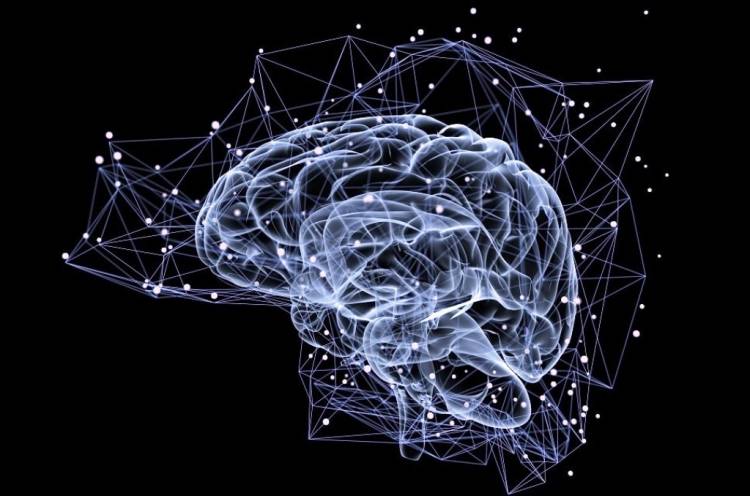Is it possible to maintain your own memory?
Present day science conveys us unlimited conceivable outcomes to support our bodies and our psyches remain solid, yet some ongoing logical interests have likewise been the focal point of contention. One of these is analysts' enthusiasm for controlling recollections. Is this accomplishment conceivable, and assuming this is the case, for what reason would we need to accomplish it?
Our recollections make up such a large amount of our identity, and the things we recall can regularly characterize our experience of the world.
And keeping in mind that positive recollections can enable us to develop and flourish, negative recollections don't generally have such welcome impacts.
Here and there, unsavory recollections can be a piece of an expectation to absorb information — getting singed with bubbling water implies that next time we will be progressively cautious when taking care of the pot.
In any case, there are additionally recollections that are really horrible, and reviewing them can prompt pain and genuine psychological wellness conditions, for example, post-horrendous pressure issue (PTSD).
The investigation of memory — arrangement, review, and overlooking — draws in a great deal of consideration and interest among neuroscientists, clinicians, and even scientists from the humanities, as there is still so much we don't completely comprehend about the procedures encompassing memory.
Also, while regardless we have to discover increasingly about how recollections structure in the mind, scientists as of late have begun exploring the likelihood of controlling recollections — especially negative ones — to check whether they can debilitate or expel them out and out.
In this Spotlight highlight, we take a gander at why we recollect and why we normally overlook. We likewise investigate a few examinations that have dug into memory control, disclosing how analysts expect to accomplish it, and why.
Memory review and overlooking
At the point when the mind encodes data, those information become put away in gatherings of neurons that neurotransmitters — or joins that permit cerebrum cells to "impart" — associate together.
Researchers normally partner more grounded neural connections with a superior memory, and the cerebrum always "refreshes" synaptic associations, framing new ones or fortifying old ones, as new recollections assemble or we update more established ones.
Be that as it may, neural connections can likewise wind up more fragile on the off chance that they are not actuated regularly enough, and the mind frequently loses a portion of these associations through and through. Along these lines, overlooking can happen normally and, for sure, scientists contend that overlooking is a significant piece of learning and making new recollections.
Restorative News Today addressed Sam Berens, Ph.D., who is right now an exploration associate at the University of York in the United Kingdom, and he disclosed to us that common overlooking can be because of a couple of various reasons.
"Overlooking happens on the grounds that it would not be vitality effective to inconclusively keep up every one of the recollections that we structure every day," he clarified, including that it "additionally is by all accounts a characteristic outcome of neurogenesis — the procedure that makes new cerebrum cells in help of future learning."
"Along these lines, clearing old and unused recollections might be legitimately identified with our capacity to adapt new things," he told MNT.
Be that as it may, researchers keep on investigating the numerous intricacies that puzzle memory review and development. For example, not every one of our recollections are right, and at times our cerebrums "execute" overlooking as a resistance instrument.
Memory congruity and mutilation
Past research has appeared social cooperations can impact an individual's memory of an occasion, as can what other individuals recall — or guarantee to recollect — about a similar occasion.
As per a report in the diary Science, "congruity may exhibit in two structures, which at first pass on comparable, unequivocal conduct however are essentially extraordinary." These are:
Private similarity, in which "a person's memory may really be modified by social impact, bringing about enduring, relentless memory mistakes."
Open similarity, in which "people may decide to ostensibly agree, giving a record that fits that of others, however deep down keep up certitude in their own unique memory."
In any case, while open congruity does not really influence a person's very own memory observation, taking part in this procedure could prompt that individual affecting others' memory of the occasion.

 admin
admin 



















Comments (0)
Facebook Comments (0)